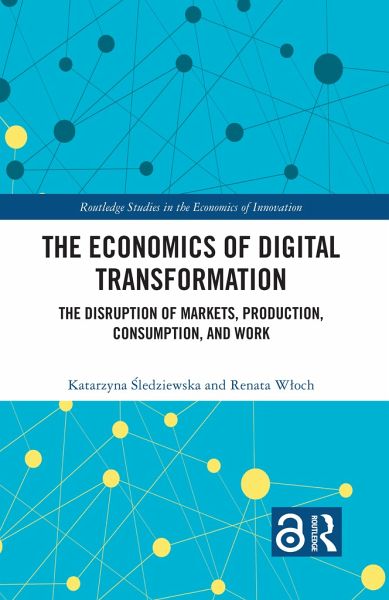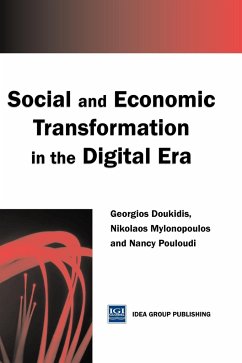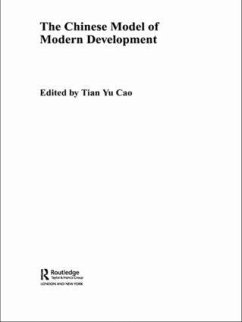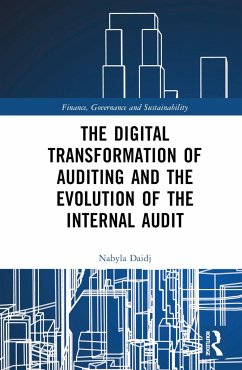
The Economics of Digital Transformation
The Disruption of Markets, Production, Consumption, and Work

PAYBACK Punkte
84 °P sammeln!
The unprecedented Covid-19 crisis revealed the scale and scope of a new type of economy taking shape in front of our very eyes: the digital economy. This book presents a concise theoretical and conceptual framework for a more nuanced analysis of the economic and sociological impacts of the technological disruption that is taking place in the markets of goods and services, labour markets, and the global economy more generally. This interdisciplinary work is a must for researchers and students from economics, business, and other social science majors who seek an overview of the main digital econ...
The unprecedented Covid-19 crisis revealed the scale and scope of a new type of economy taking shape in front of our very eyes: the digital economy. This book presents a concise theoretical and conceptual framework for a more nuanced analysis of the economic and sociological impacts of the technological disruption that is taking place in the markets of goods and services, labour markets, and the global economy more generally. This interdisciplinary work is a must for researchers and students from economics, business, and other social science majors who seek an overview of the main digital economy concepts and research. Its down-to-earth approach and communicative style will also speak to businesses practitioners who want to understand the ongoing digital disruption of the market rules and emergence of the new digital business models. The book refers to academic insights from economics and sociology while giving numerous empirical examples drawn from basic and applied research and business. It addresses several burning issues: how are digital processes transforming traditional business models? Does intelligent automation threaten our jobs? Are we reaching the end of globalisation as we know it? How can we best prepare ourselves and our children for the digitally transformed world? The book will help the reader gain a better understanding of the mechanisms behind the digital transformation, something that is essential in order to not only reap the plentiful opportunities being created by the digital economy but also to avoid its many pitfalls. Chapters 1, 3 and 5 of this book are available for free in PDF format as Open Access from the individual product page at www.routledge.com. They have been made available under a Creative Commons Attribution-Non Commercial-No Derivatives 4.0 license.














